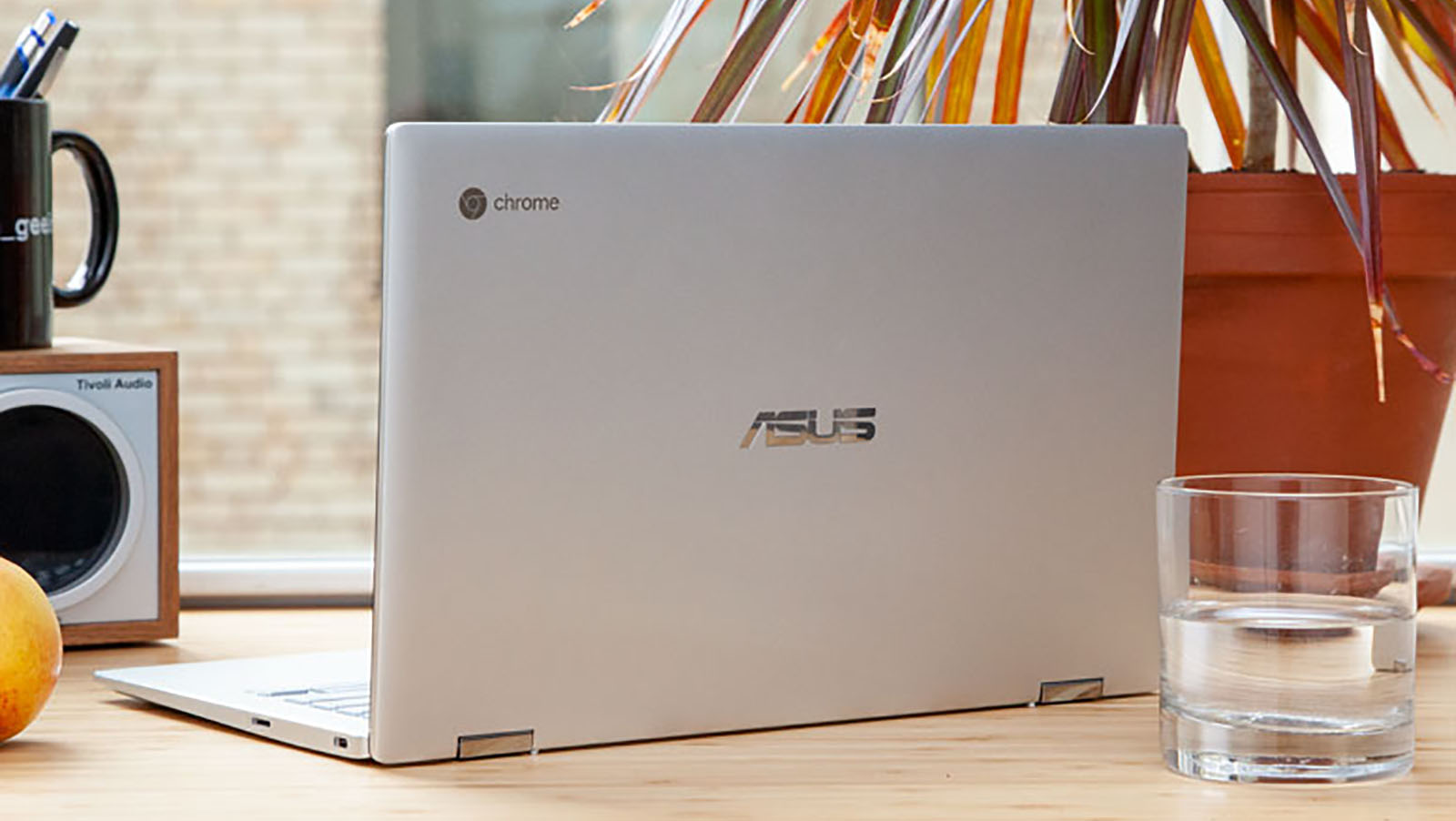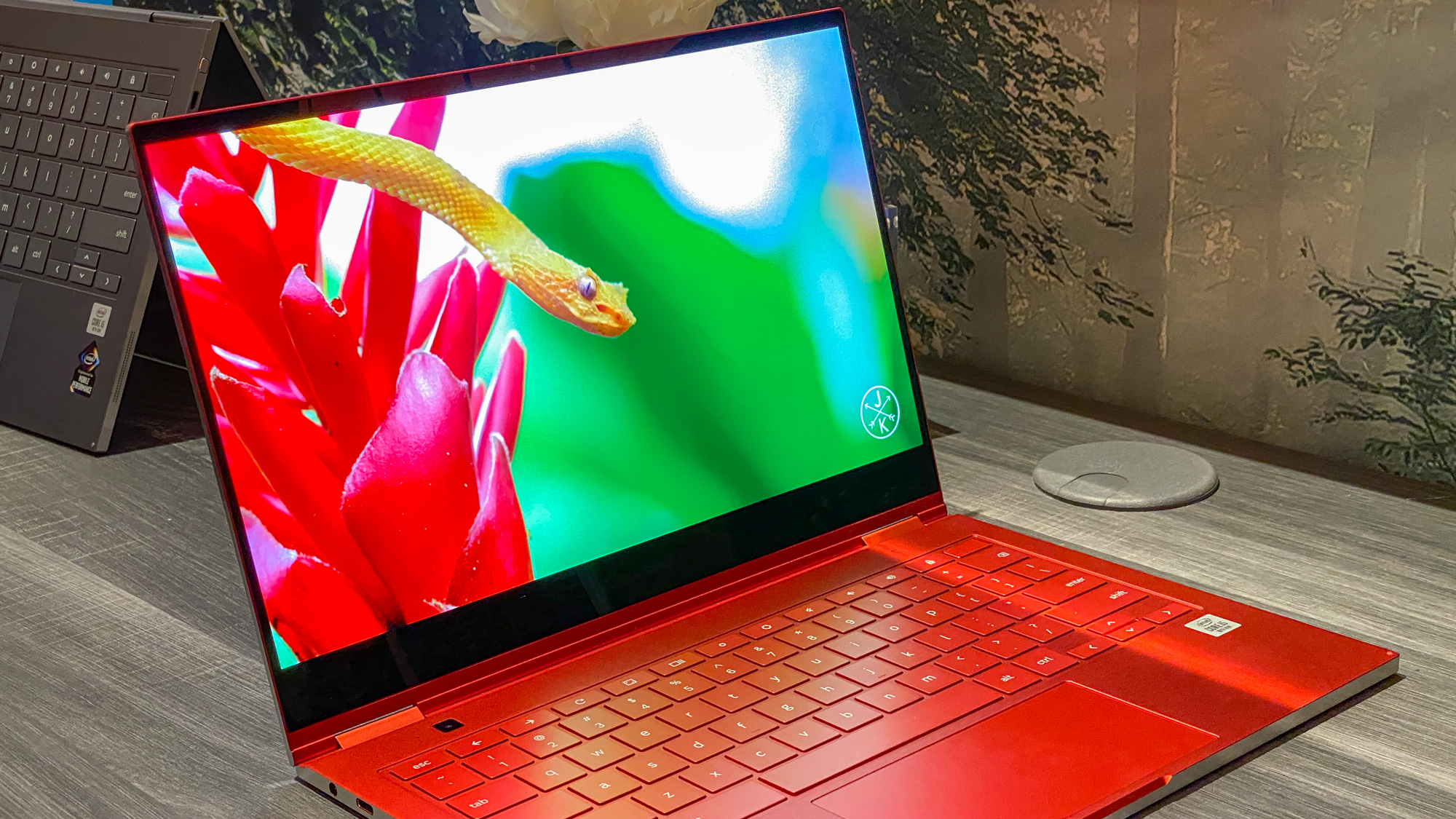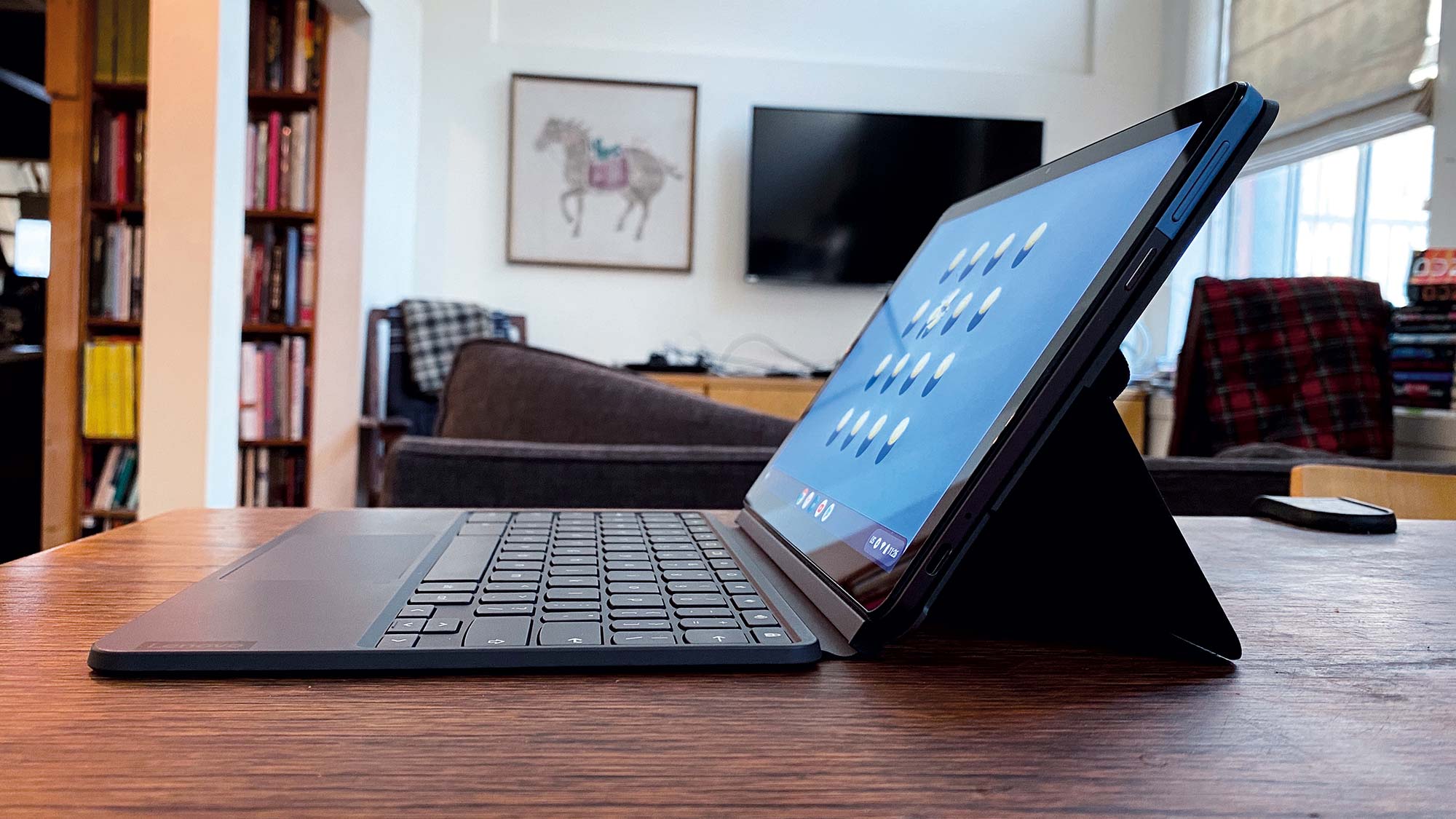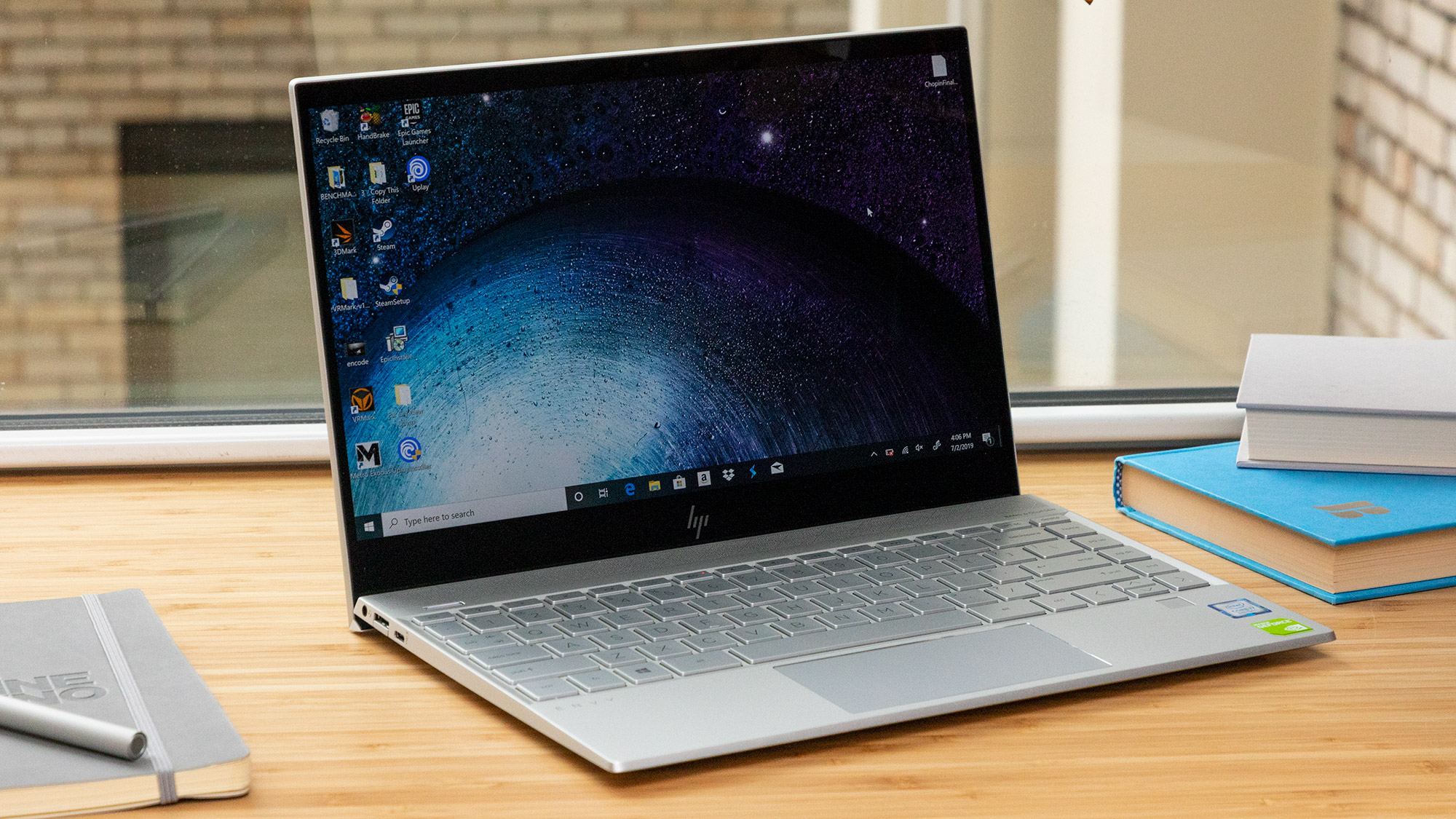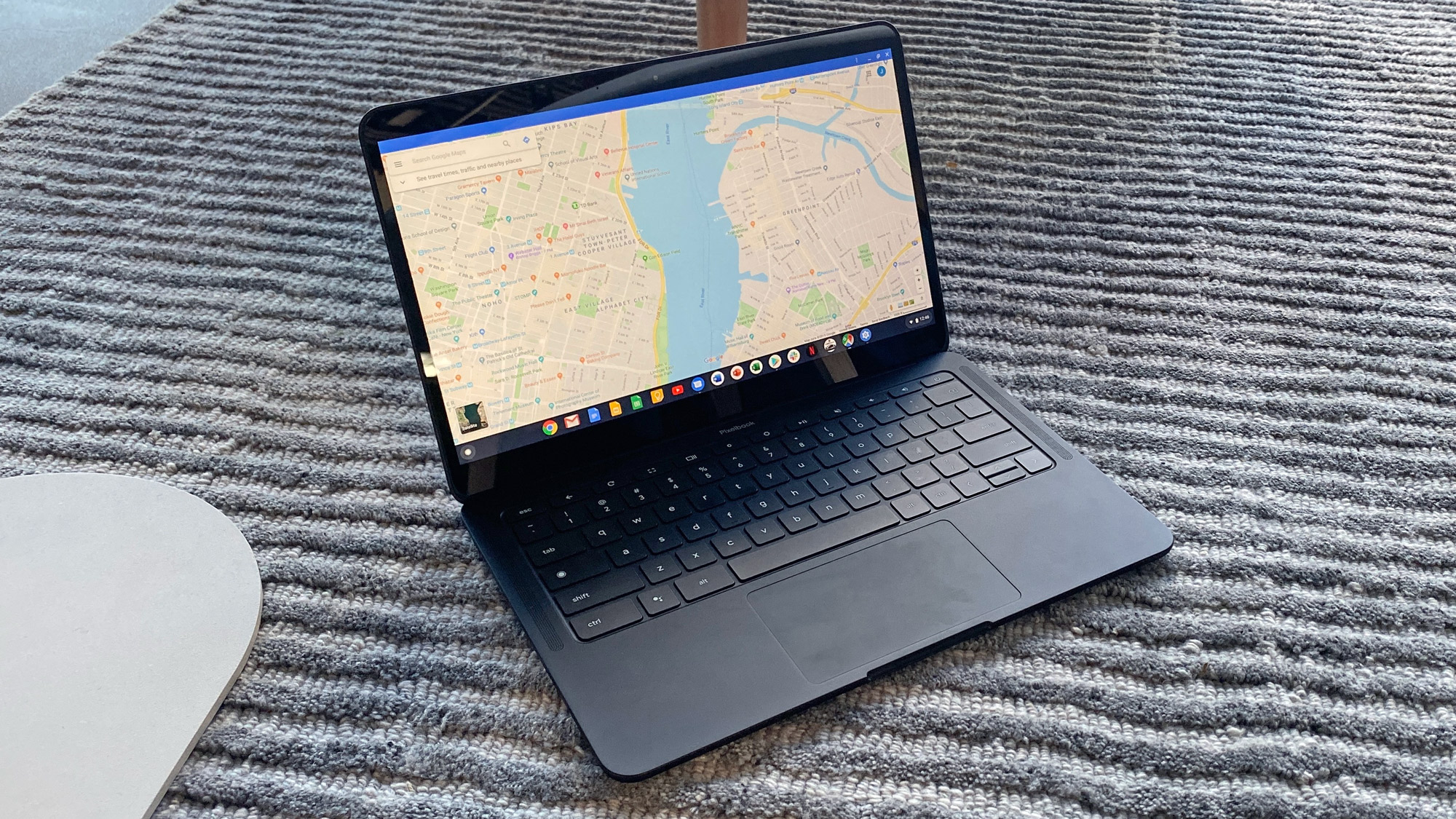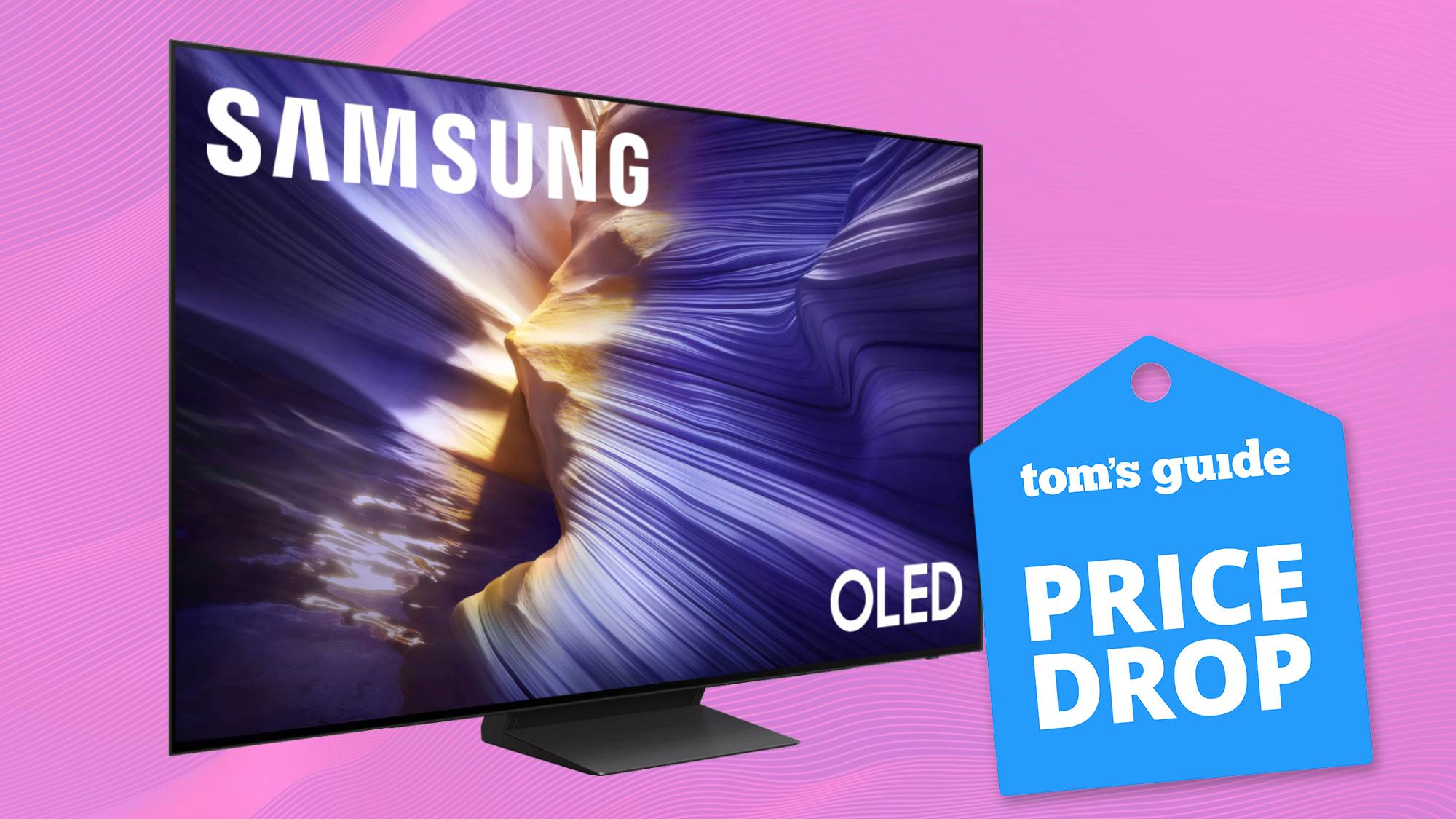Laptop vs. Chromebook: What’s best for you?
Our laptop vs. Chromebook face-off will help your buying decision
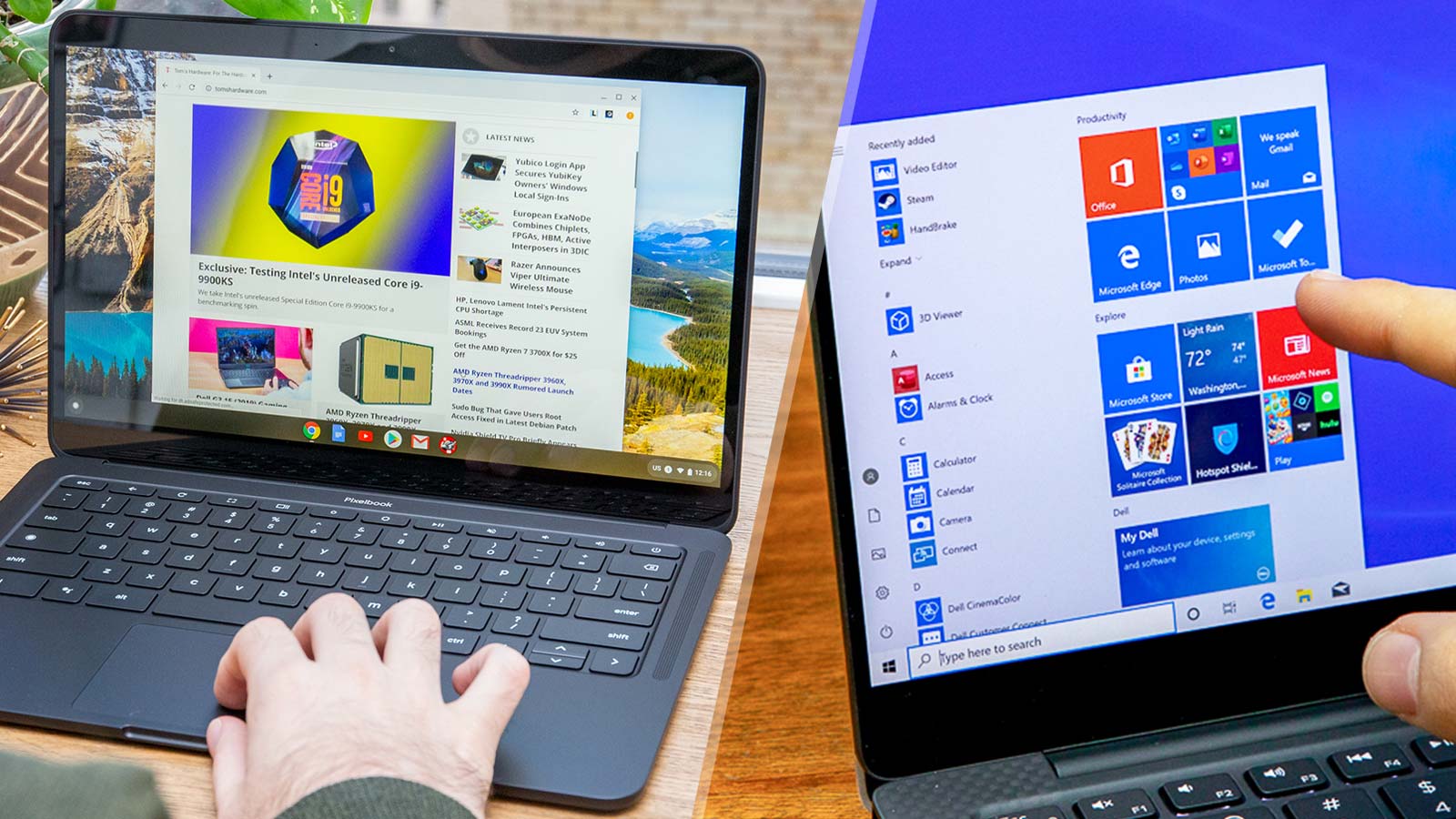
Here at Tom’s Guide our expert editors are committed to bringing you the best news, reviews and guides to help you stay informed and ahead of the curve!
You are now subscribed
Your newsletter sign-up was successful
Want to add more newsletters?

Daily (Mon-Sun)
Tom's Guide Daily
Sign up to get the latest updates on all of your favorite content! From cutting-edge tech news and the hottest streaming buzz to unbeatable deals on the best products and in-depth reviews, we’ve got you covered.

Weekly on Thursday
Tom's AI Guide
Be AI savvy with your weekly newsletter summing up all the biggest AI news you need to know. Plus, analysis from our AI editor and tips on how to use the latest AI tools!

Weekly on Friday
Tom's iGuide
Unlock the vast world of Apple news straight to your inbox. With coverage on everything from exciting product launches to essential software updates, this is your go-to source for the latest updates on all the best Apple content.

Weekly on Monday
Tom's Streaming Guide
Our weekly newsletter is expertly crafted to immerse you in the world of streaming. Stay updated on the latest releases and our top recommendations across your favorite streaming platforms.
Join the club
Get full access to premium articles, exclusive features and a growing list of member rewards.
Many shoppers have the same question on their mind: "Should I get a laptop or a Chromebook?" And we get it. As each passing day is filled with headlines about Windows 10 update fails, Chromebooks have continued to become seriously alluring to those who want a laptop that just works (and costs half as much as the $999 MacBook Air).
That’s why we’ve broken down everything you need to know about Windows/Mac laptops and Chromebooks in order to help you find the right pick for you. Whether you’re looking to upgrade your home office, or you're hunting for back to school sales for the student(s) in your household, this guide will make your decision easy.
- The best laptops right now
- Here are the top Chromebook deals
- The best Chromebooks for those looking for an alternative
For this laptop vs Chromebook face-off, we've looked at the ease of use for both laptops and Chromebooks, as well as which is best for students and those looking for the fastest performance and longest battery life. And because we know that price matters more than ever, we've looked at how the top laptops and Chromebooks compare at checkout.
Here's everything you need to know to decide between laptop vs Chromebook.
Laptop vs. Chromebook: Ease of use
Saying Chromebooks are easier to use than Mac and PC laptops may sound like a seriously subjective claim — I prefer macOS, even though many I know think Windows 10 is easier. But this is something I can say with confidence.
Each week at Tom's Guide, we see another chaotic bit of news surrounding what new buggy chaos has been created by a flawed Windows 10 update. Recent hits from the last month have included slowed game performance as well as overall PC speeds, and there was even a bug that broke web-based apps like Spotify by sending a false message of non-functional internet.
Meanwhile, ChromeOS is basically designed to have updates go as absolutely smoothly as possible. Last year, Cyrus Mistry, product manager at Google, told me about how Chromebook system updates differ. The updates download to the system disk partition that you're not using, so you're not going to even notice anything. It's only "when you reboot," he says, that "[Chrome OS] tests the new version" and applies it to the partition you were using if that update checks out.
Get instant access to breaking news, the hottest reviews, great deals and helpful tips.
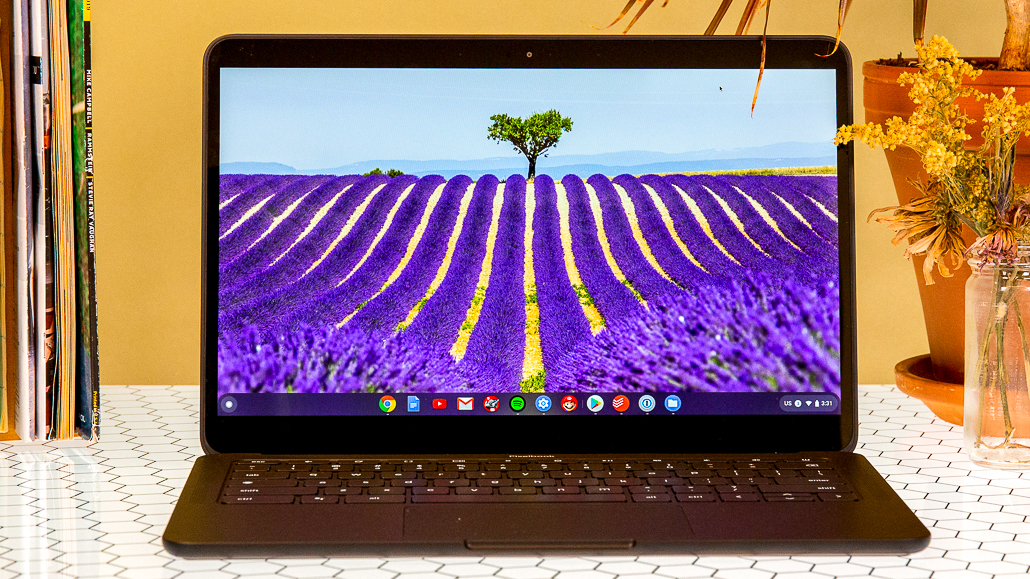
That being said, if you (or the person you're buying a laptop for) is already fluent in Windows 10, macOS or ChromeOS, they might prefer the operating system they know. But if you've found Windows 10 too complicated or hard to use, Chromebooks might provide the simpler alternative you're looking for.
Winner: Chromebooks
Laptop vs. Chromebook: For students and school
Every student has different needs, but educators and institutions (especially for younger pupils) are pushing kids towards Chromebooks. You don't need to take my word for it either: Chromebooks made up 60% of "all laptops and tablets purchased for U.S. K-12 classrooms," according to a recent study.
Linn Huang, research director at IDC, once told me about how "K to 12 schools are wheeling in carts of Chromebooks," and that it's all so easy because "students grab one and sign in." That shared device model, where you load your whole set of information and files by signing in with your Google account, is awfully appealing to households where some (if not all devices) are shared. And since everything backs up to Google's cloud servers, you'll never have to worry about lost homework. There are even Android versions of Microsoft Office if you need that (though the Windows PC counterparts are unquestionably better).
But the older your student gets, and the more they require specialized applications, the more ChromeOS and Android apps might not cut it. Photo and video editing may be possible on a Chromebook, but Android apps will not be as full-featured as their Windows 10 and macOS counterparts.
Winner: Chromebooks
Laptop vs. Chromebook: Performance
Those who want the speed to run serious apps (or just have all their programs open at once) will probably already have made up their mind when it comes to laptops vs Chromebooks. That's because Windows PCs and even Macs have two serious legs up on Chromebooks: blazing-fast processors and powerful GPUs.
Yes, you can get a Google Pixelbook Go with a Core i7 processor, but that's one of the rare exceptions to the rule. Unfortunately, we've seen too many Chromebooks sporting MediaTek processors, which lag behind Intel CPUs in terms of speed and often deliver long load times when switching between tabs and Android apps. Over in the land of laptops and PCs, the MacBook Pro can be customized with Core i9 CPUs, AMD is impressing with its gains on Intel chips and Apple Silicon is about to make Macs even more efficient.
And maybe Android apps and Chrome don't need a discrete graphics card, but not even the 4K AMOLED Samsung Galaxy Chromebook has a real GPU (it instead packs integrated Intel UHD graphics). Meanwhile, the folks running PCs can configure their laptops to have discrete or integrated graphics, giving themselves as much (or as little) gaming power as they need.
Chromebook defenders would argue that the lack of need for serious speed is a notch in their favor, but real power users know where to go, and it's not Chrome OS.
Winner: Laptops
Laptop vs. Chromebook: Battery life
When Chromebooks first hit the market, they were almost universally lauded for epic battery life across the board, especially in comparison to their PC and Mac counterparts. As time has passed, the playing field has evened out a bit.
So, I compared our battery test (based on web surfing at 150 nits of brightness) scores from our top 5 PC and Mac laptops against the top 5 Chromebooks, and found that they're closer than you might have thought.
The PC and Mac laptop battery test scores average out to 10 hours and 2 minutes, less than an hour under the 10:53 battery test average from the top Chromebooks. While this is a win for the Chromebook set, the longest lasting models across both categories are also similar, with the Lenovo Chromebook Duet posting a time of 12:47 and the Dell XPS 13 hot on its tail, at 12:39. The new MacBook Air landed an OK (but not great) time of 9:31.
The shortest PC time came from the 4K Dell XPS 15 (8:01), while the Acer Chromebook R11 had the lowest score of the Chromebook set, at 9:38. While Chromebooks have a slight edge in some comparisons, you can now get pretty strong battery life from a variety of mainstream laptops in every category.
Winner: Draw
Laptop vs. Chromebook: Gaming
This round feels like putting Mario up against a mere Goomba. Windows 10, especially with access to top storefronts like Steam and the rising Xbox Game Pass, is continuing to play a significant role in gaming. Even Apple is dipping its toe in gaming with Apple Arcade, which works on macOS, though that hasn't been the home run that the Cupertino company probably wants it to be. Many high-profile games (Minecraft, Rocket League and Stardew Valley to name a few) work on Macs, and the Steam store is there too.
In contrast, Chromebooks have … well, they have Android games. As someone who once wrote a "best Android games for Chromebooks" list, let me tell you that I would personally never give a Chromebook to a kid who wants to game. It's like pulling an old NES out of the closet when someone starts asking about the upcoming PS5. You can play Android games (such as Asphalt 9: Legends, Pokemon Quest, Threes and NBA Jam) on Chromebooks, but few if any are actually designed and customized for the larger screen, as most are still written for phones. That means your Chromebook better have a touch screen and rotate into tablet mode, which is still far from ideal.
Winner: Laptops
Laptop vs. Chromebook: Value
At the end of the day, Chromebooks stand out to many because of their budget-conscious pricing. While we understand that Windows and Apple laptops will always have a wider price range, as high-end gaming rigs and workstations get pretty expensive, we can learn a lot just by taking a glance at how the top 5 best laptops and best Chromebooks compare when it comes to pricing.
Averaging out their starting prices, our 5 top picks for the best Chromebooks ($443) are less than half as expensive as our choices for the best laptops ($923). Of course, you get what you pay for, as the best laptops include the high-end $1,273 Dell XPS 15 and the sleek $999 MacBook Air (and the budget-friendly Acer Aspire 5). While the best Chromebooks do have three models under $500, the Asus Chromebook Flip C434 is $569 and the Google Pixelbook Go starts at $649.
Additionally, while Chromebooks such as the Pixelbook Go can go up in price when you move to faster processors, each of those upgrades has fixed components. Laptops, on the other hand, can be user-customized for specific shoppers' priorities. Therefore, you can buy the RAM you require for all the tabs, but keep your storage low, because you keep everything in the cloud.
Winner: Chromebooks
Laptop vs. Chromebook: Scorecard and winner
While PC devotees may be surprised by this turnout, I'll couch Chromebooks' win in the fact that this scorecard takes a wide range of users into consideration. Maybe you're so far past school that you forgot about Pythagorus and his theorem, and now you're doing graphic design work. You’ll surely need that PC or Mac, and I’ll happily nudge you towards our list of the best laptops.
But for those struggling to pick one side of the laptop vs Chromebook fence, we are more likely to recommend you get a Chromebook. As the old Apple motto went, "it just works." And if you live in the Google ecosystem, as many schools and kids do these days, Chromebooks are just right. Not only do they come at more affordable prices and last a bit longer, but they don't have all the headaches that come with managing a Windows 10 PC.
| Row 0 - Cell 0 | Laptops | Chromebooks |
| Ease of use (20) | 12 | 20 |
| For students and school (15) | 9 | 15 |
| Performance (15) | 15 | 9 |
| Battery life (20) | 16 | 20 |
| Gaming (10) | 10 | 3 |
| Value (20) | 14 | 20 |
| Final score | 76 (C) | 87 (B+) |
So, if you're those still learning, or learning how to use a computer, we'd suggest you look at our best Chromebooks buying guide. It's hard to go wrong when ChromeOS keeps everything in line.

Henry was a managing editor at Tom’s Guide covering streaming media, laptops and all things Apple, reviewing devices and services for the past seven years. Prior to joining Tom's Guide, he reviewed software and hardware for TechRadar Pro, and interviewed artists for Patek Philippe International Magazine. He's also covered the wild world of professional wrestling for Cageside Seats, interviewing athletes and other industry veterans.
 Club Benefits
Club Benefits










